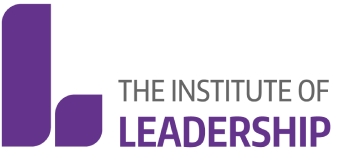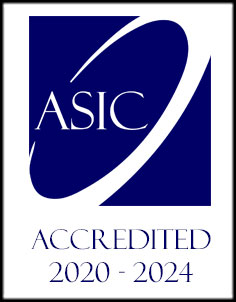Course Overview
The UN recently published its latest version of the World Public Sector Report, which outlined how more responsive, inclusive and accountable public sector institutions worldwide would greatly support the achievement of the 2030 Sustainable Development Goals. Member States now have the responsibility of turning this collective vision into a reality for their citizens. This course will provide those involved in the public sector and service delivery with a clear understanding of the nature, evolution and challenges of public administration.
Interactive learning will support participants’ understanding of key issues in public administration such as leadership, organisational change and human resource management. By applying strategic planning methodologies throughout the training, participants will leave equipped to meet citizens’ needs in an accountable, financially responsible and well-communicated manner.
- A comprehensive analysis of the mechanisms behind strategic public administration will be provided, with subjects to be discussed including:
- Public sector financial management and budgeting
- Governance and accountability
- Strategy planning and delivery of public administration
- Managing organisational change
- Human resource management
- Evaluating performance of public administration
- Behavioural insights and public sector entrepreneurship
Experts in the field will lead this training through interactive workshops, lectures and best practice case studies, fostering innovation, creative learning and networking amongst peers.

The Institute of Leadership has approved this training course. The Institute combines years of research, knowledge and innovation to champion the leadership agenda for alL and since 1947 they have carried out extensive research into the knowledge, skills, attitudes, behaviours and values of great leadership. Based on The Institute's core leadership values, this course meets the standard that enables learners who have completed to access the following benefits:
- Membership of The Institute of Leadership will be in receipt of an ICPS/The Institute joint Certificate of achievement for the course
- Access to a raft of resources to help you with your continuing professional development, including an award-winning library of e-learning content
- A community of over 70,000 members worldwide enabling you to collaborate and grow your knowledge and skills
- Receipt of weekly news updates, podcasts and cutting-edge research and a monthly published journal and invitations to topical webinars
- Authorisation to use approved letters AMInstL (Associate Member of The Institute of Leadership) after your name for business correspondence
Learning Outcomes
By the end of the course delegates will be able to:
- Develop, construct and implement strategic plans
- Lead effective organisational change
- Apply the key principles of public sector financial management and budgeting
- Improve governance and accountability processes and systems
- Analyse, enhance and evaluate performance
- Deliver services that better meet citizen and stakeholder needs
- Create more efficient public services
Agenda
Day One
- - Chair's look ahead to the week
- - Delegates' introductions, objectives and organisational challenge
- - The political context shaping public administration
- - Centralisation/decentralisation. (Potential risks and problems.)
- - International government organisations
- - Policy implications - traditional vs open policy
- - Types of governance
- - Principles of governance
- - Governance issues
- - Measuring progress
- - Citizen empowerment
- - Digital technologies and e-government
- - Core values and ethical standards
- - Information rights
- - Corruption
- - Accountability
- - Risk in public administration
- - Risk management
- - Regulation as one possible response to risk
- - Who has responsibility for risk?
- - Taking a risk-based approach to public administration – regulation example
Day Two
- - Leadership theories and styles
- - Bureaucracy principles
- - Organisational culture
- - Public vs Private
- - Styles of leadership
- - Environmental scanning
- - Establishing outcomes and measures of success
- - Scenario planning
- - Communicating strategy
- - Strategic policy options
- - Using behavioural insights
- - Why it matters
- - Budgeting
- - Financial accountability
- - Processes
- - PEFA
- - Capability
Day Three
- - Essentials of project management
- - The iron triangle
- - Success factors
- - Fallacies and biases
- - Principles of change
- - Effective change management activities
- - Communicating change
- - Engagement
- - Stakeholder analysis
- - Stakeholders and delivery
- - Best practice
- - Best practice in monitoring and evaluation
- - Who evaluates?
- - Ensuring lessons are applied in future

